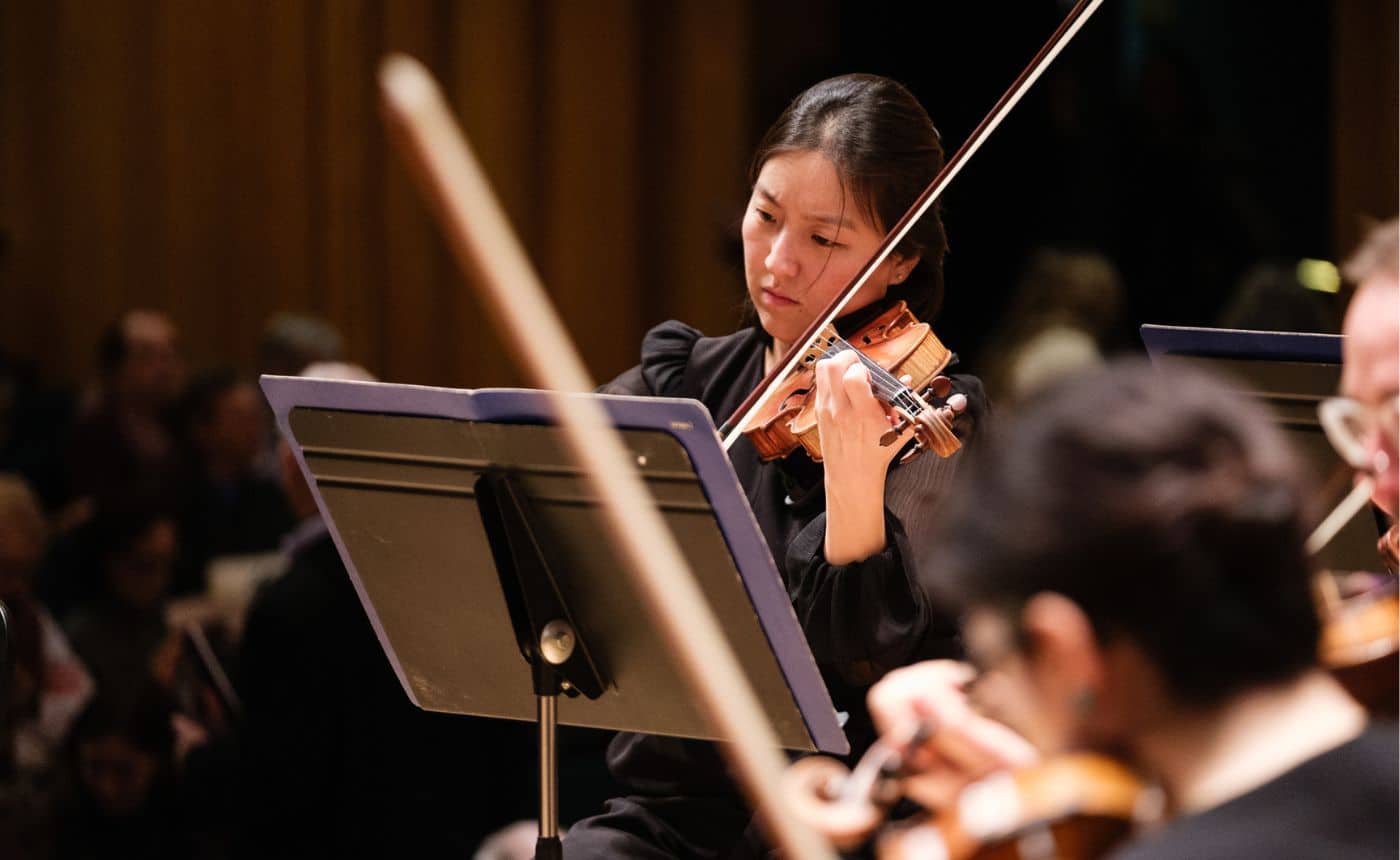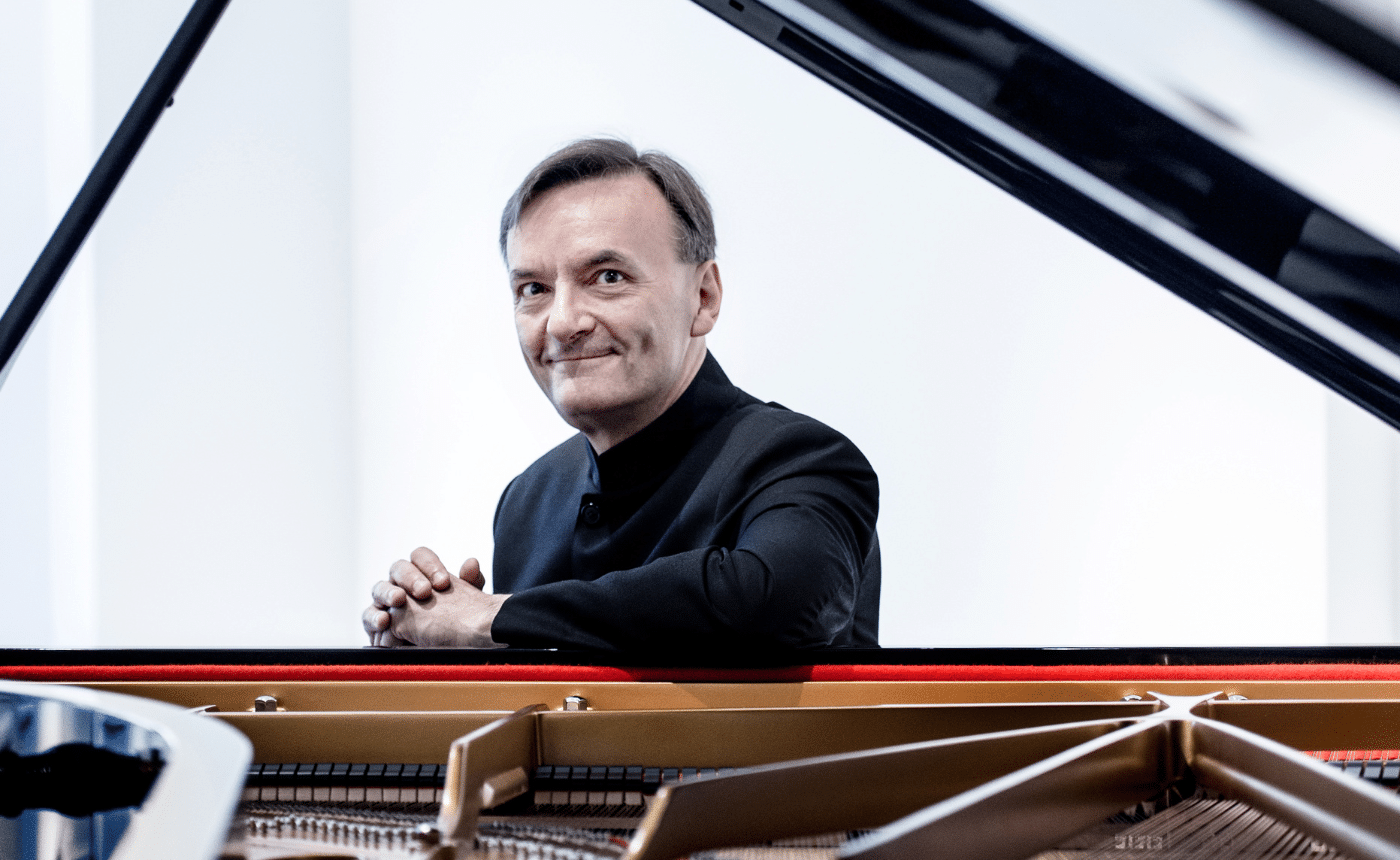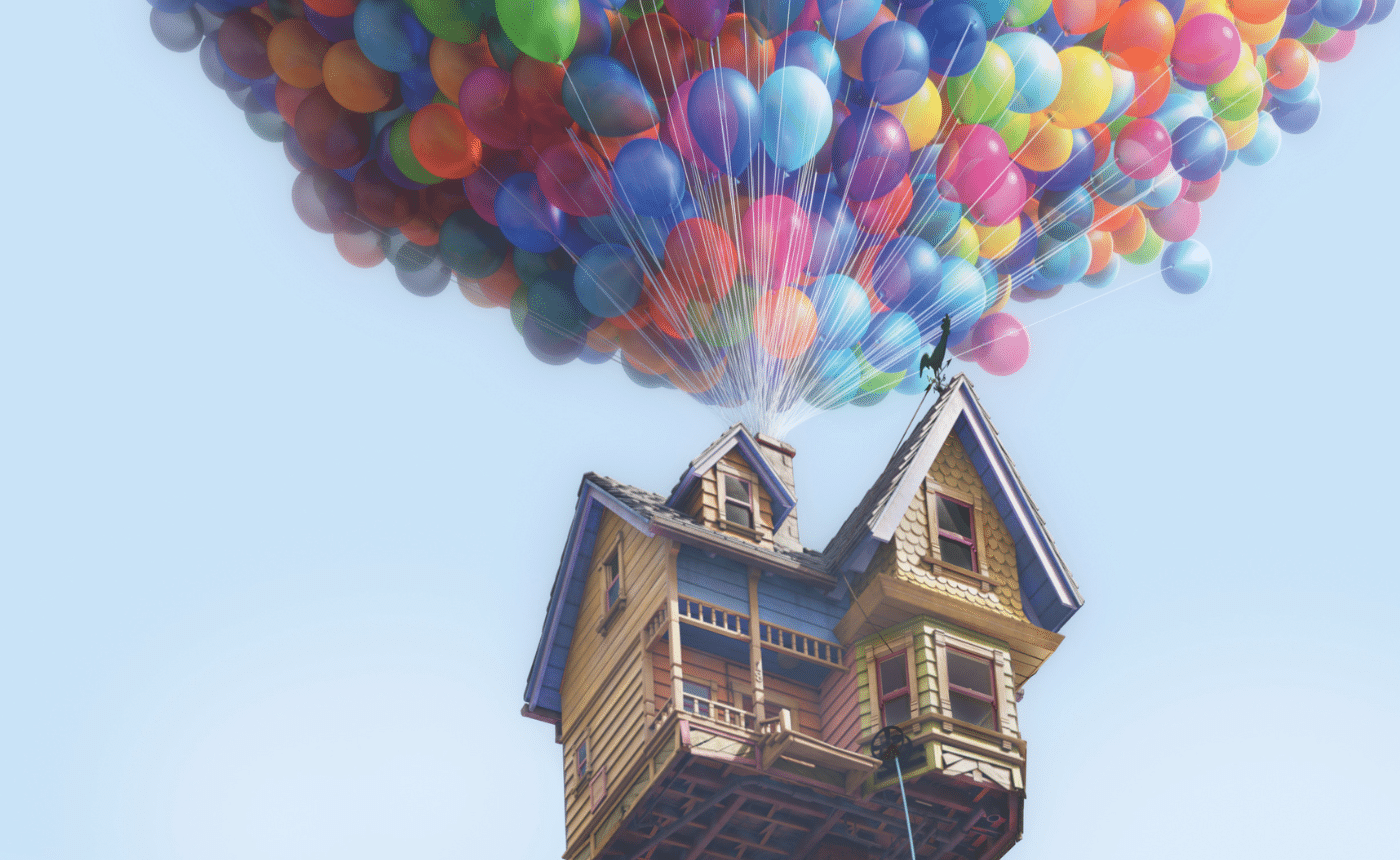Beethoven – Symphony No. 8
Written by Jeff Counts
Instrumentation: 2 flutes, 2 oboes, 2 clarinets, 2 bassoons, 2 horns, 2 trumpets, timpani, strings,
Duration: 26 minutes in four movements.
THE COMPOSER – LUDWIG VAN BEETHOVEN (1770-1827) – Beethoven completed most of the work on the 8th Symphony in the Bohemian spa city of Teplitz which during some very uncertain times in Europe was a neutral site and frequent haunt of diplomats, royalty and other people of note. It was there that a long-awaited meeting between Beethoven and Goethe happened at last. Sources say the two giants found each other quite interesting but perhaps “a bit much” upon further reflection.
THE MUSIC – Progress on the relatively diminutive 8th Symphony began almost immediately upon completion of the mighty 7th. In fact, the 7th and the 9th tower on either side of this “little symphony in F” in a manner commonly remarked upon for each of Beethoven’s even-numbered symphonies. It has long been rich fodder for musical opinion, this idea that the odd-numbered symphonies all look innovatively forward while the evens look nostalgically back. True or not, the 8th (like the 4th and 6th) often gets lost in the shadows cast by its much more popular neighbors. The 1814 premiere was in Vienna on a concert with the 7th Symphony and another crowd favorite, Wellington’s Victory. The programming choice baffled critics (one spoke of Beethoven’s “faulty judgment” in allowing the new piece to follow the 7th) and did the 8th Symphony no favors with the audience, who applauded appreciatively if not enthusiastically. The above critic also made the observation that the more brief and good humored 8th would fare much better in time, especially if performed alone, free of the comparisons to its longer and more insistent older sibling. Indeed, the piece now enjoys the equality it deserves in Beethoven’s symphonic canon. Odd or even, the composer himself thought the 8th Symphony one of his best and according to legend he believed the initially bewildered response of the Viennese listeners, especially in light of their rabid fascination with the 7th, was because the 8th “is so much better.”
THE WORLD – 1814 saw Napoleon’s abdication and short-lived exile to Elba, the Treaty of Ghent, the publication of Jane Austen’s Mansfield Park and the penning of “The Star Spangled Banner” by poet Francis Scott Key.
THE CONNECTION – Symphony No. 8 has been performed several times over the last decade but only once on the Masterworks series, back in 2002 with Keith Lockhart.











